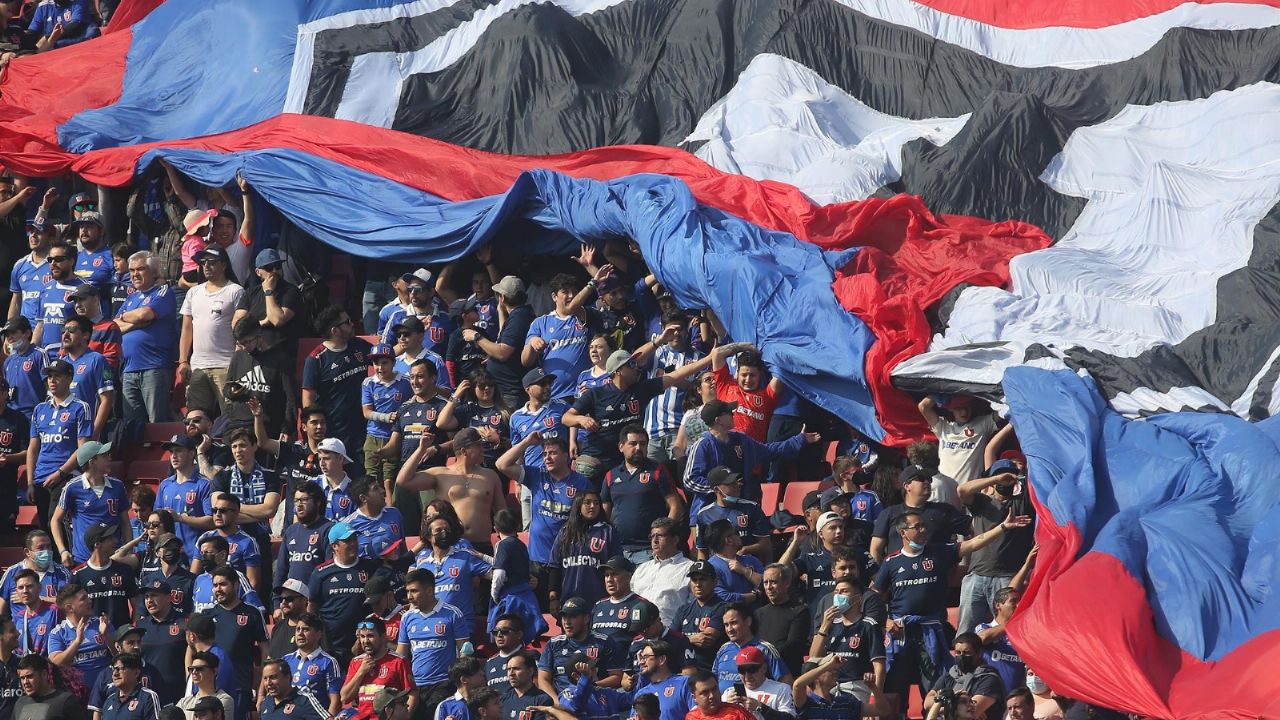Azul Azul informed the Financial Market Commission yesterday that it paid its tax debt and, therefore, extended the concession of the Universidad de Chile club until June 8, 2052. In this regard, the academic of Audit of the Universidad de Valparaíso and an expert on the public limited companies that control Chilean soccer, Alejandro Torres Mussatto, said that “it is relatively positive news for the treasury. However, the financial and sports management of the current owners of Azul Azul has not been good. For this reason, I do not think that the fans of the U are satisfied with the extension of the concession”.
Torres, who has analyzed the Chilean soccer industry from a financial point of view and has been critical of the management of sports corporations in aspects such as transparency in accounts or tax debts, stated that “this is a small triumph for perseverance Well, we have been fighting for two years so that football can be a more cleanly managed activity. And both the Council for Transparency and the Court of Appeals of Santiago agreed with us in the request for information that we made before the General Treasury of the Republic”.
On the merits of the operation, the academic from the University of Valparaíso recalled that “last November, Azul Azul issued a bond (debt instrument) for four hundred thousand UF, about 14 billion pesos, maturing in September 2032 (ten years) at a placement rate of 6%”.
In this regard, he maintained that “it seems to me that what the company ultimately does is change the debt. Instead of having a debt with the treasury, under certain conditions and knowing that the courts of justice have already determined in the first instance that the payment agreements for said debts must be known, a debt is contracted with the market through the bonds previously mentioned, converting this media debt into a normal commercial debt, with new conditions and without the communicational ballast of the fiscal debt”.
Likewise, Torres explained, it must be taken into account that “the original payment agreement between the concessionaire and the Treasury establishes two possibilities. The greater of three percent of annual revenue or eight percent of annual profits, whichever is greater.
He added that “since most of the years of his administration, Azul Azul has had losses, the calculation has been made based on income (which includes television, ticket sales, commercial income, etc.). Payments to the concessionaire’s treasury have amounted to more than four hundred million pesos in 2020 and 346 million for 2021, according to the latest available data. In this scenario, that three percent of income operates as a true royalty (paying on income is not the same as paying on profits), which represents a significant annual financial burden.”
Regarding the extension of the Azul Azul concession, the professor opined that “in my opinion, those who should not be very happy are the fans, since they do not have a positive evaluation of the management of the current owners of Azul Azul, with the campaigns of the last years. And, if there is no sale in the meantime, they can direct the destiny of the club until 2052. From this perspective, an eventual future sale is valued by increasing the concession period”.
From a broader perspective, Alejandro Torres indicated that “unfortunately, today I do not see the desire to change the law on sports corporations, so future viability will depend on the interest of foreign capital in their entry into the ownership of the clubs.” .
















